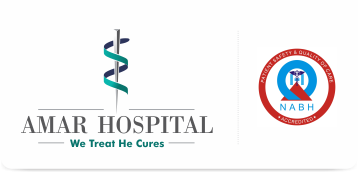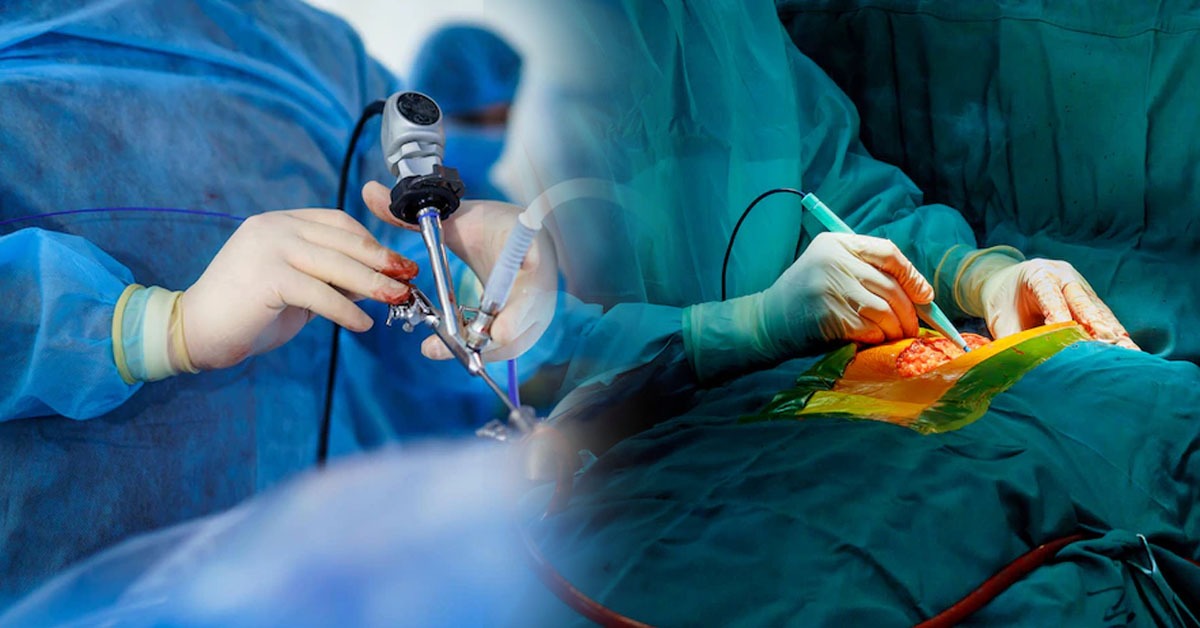Heart surgery is a serious matter that often requires a lengthy recovery period. However, with minimally invasive heart surgery, patients can enjoy numerous benefits in terms of both speed and safety. If you’re considering undergoing heart surgery, read on to discover the many advantages of this innovative approach – your health may depend on it!
What is Keyhole Heart Surgery?
This type of surgery is less invasive than traditional open-heart surgery, meaning that there is less damage to the chest and surrounding tissues. This results in a shorter hospital stay, less pain, and a quicker recovery. In addition, keyhole heart surgery often results in better outcomes and fewer complications than traditional open-heart surgery. Keyhole heart surgery is usually done through small incisions made in the chest or groin area.
At Amar Hospital, the Heart Surgeon in Punjab then uses specialized tools, such as catheters, guide wires, and cameras to perform the procedure. By using these tools, the surgeon can access the heart without having to make a large incision in the chest as is done with traditional open-heart surgery.
How is Keyhole Heart Surgery Performed?
Minimally invasive heart surgery is performed using small incisions in the chest. The surgeon will insert a small camera and surgical instruments through these incisions. This type of surgery requires less recovery time and is associated with fewer complications than traditional open-heart surgery.
During the procedure, heart surgery can perform coronary artery bypass grafting (CABG), valve replacement, septal defect closure and other operations. The Keyhole approach allows them to access the heart without making a large incision in the chest wall. Additionally, they are able to use specialized tools and techniques to limit tissue damage and reduce blood loss during the surgery.
The Benefits of Keyhole Heart Surgery
Keyhole heart surgery also allows the Heart Surgeon to operate on the heart without stopping it, which reduces the risk of complications. Additionally, this type of surgery often uses smaller incisions, which can lead to a reduced risk of infection.
Finally, Keyhole heart surgery can provide patients with access to advanced treatments and technologies that may not be available through traditional open-heart surgery. This includes the use of robotics, 3D imaging, and other new techniques that have been developed over the last few decades. Keyhole heart surgery can also help improve your heart function. Because the surgeon is able to access the heart without having to make a large incision, they can often repair damaged tissue and valves more effectively.
This can lead to a healthier heart and a reduced risk of future heart problems. If you are considering heart surgery, be sure to discuss all of your options with your doctor. Keyhole surgery may not be right for everyone, but it could be the best option for you.
The Risks of Keyhole Heart Surgery
There are several types of minimally invasive heart surgery, each with its own set of risks. The most common type of Keyhole heart surgery is coronary artery bypass graft (CABG) surgery. CABG surgery is performed by making small incisions in the chest and inserting a camera and surgical instruments through these incisions. The surgeon then uses the camera to guide the surgical instruments to the arteries that need to be bypassed.
Other types of Keyhole heart surgery include valve replacement surgery, atrial fibrillation surgery, and pacemaker implantation surgery. These surgeries carry similar risks as CABG surgery, including bleeding, infection, and blood clots.
Although Keyhole heart surgery carries some risks, it is often the best option for patients who need heart surgery. Minimally invasive heart surgery has been shown to have lower rates of complications than traditional open-heart surgery. In addition, patients who undergo minimally invasive heart surgery often have shorter hospital stays and faster recoveries than those who undergo traditional open-heart surgery.
Who is a Candidate for Keyhole Heart Surgery?
There are several factors that will be considered when determining if a patient is a candidate for minimally invasive heart surgery. The first is the severity of the heart condition. If the condition is not severe, then traditional open-heart surgery may be recommended instead. The second factor is the overall health of the patient. A healthy patient with no other major health concerns is generally a better candidate for Keyhole surgery. Finally, the age of the patient will be considered. Younger patients are typically better candidates for this type of surgery than older patients.
Ultimately, the decision to proceed with Keyhole heart surgery will be based on the individual patient and the expertise of the physician.
Conclusion
Minimally invasive heart surgery is an excellent option for many people who need to repair or replace parts of their hearts. The procedure can be done in less time, with fewer risks and complications than traditional open-heart surgery, allowing patients to recover faster and get back to their lives quicker. This type of surgery also offers great benefits such as lower blood loss, reduced pain during recovery, and a shorter hospital stay. As technology continues to evolve in the medical field, Keyhole heart surgeries will become even more common – providing patients with better options for treating their cardiac conditions.
For more information on minimally invasive heart surgery you can consult our Heart surgeons in Punjab


